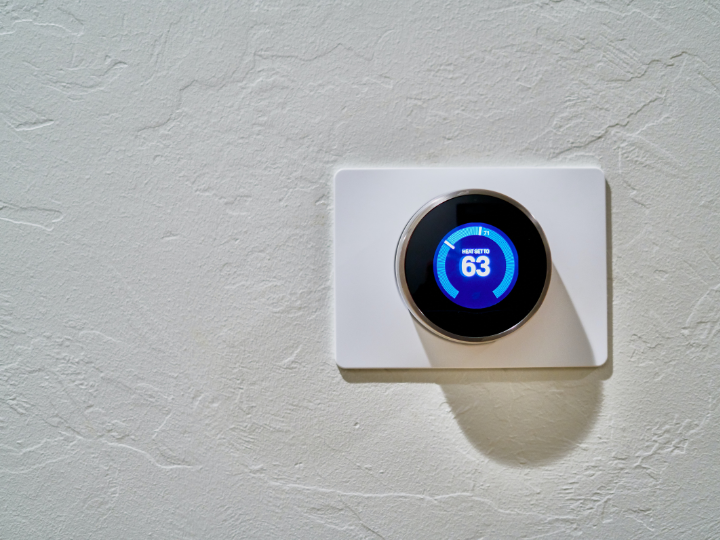by Martin Banks
The world’s largest air conditioner manufacturer has launched a four-step initiative which, it claims, can help tackle the climate change crisis. Daikin, a Japanese multinational conglomerate company, believes its new campaign will help ensure a “healthy and sustainable environment and contribute to carbon neutrality.” One of the biggest challenges society is to maximize usage of renewable energy, specifically when heating homes. The challenge involved in tackling this is made all the more clear by the EU’s Green Deal, a set of policy initiatives by the European Commission with the key aim of making Europe climate neutral in 2050 using green technology.?
One problem is that the majority of residential housing is still heated with outdated systems, often using polluting fossil fuels such as coal and oil. Heat pumps are beginning to play a crucial role in decarbonizing Europe, and in certain areas there has already been some uptake. For example, heat pumps are the default heating system in Sweden and enjoy 50% of the market share in new builds in some European countries. However, in the whole of Europe, renewable heating via heat pumps represents only 10% of all heating systems installed annually. This contrasts sharply with the EU Commission’s ambitious target by 2030: 40% penetration of renewables in heating and cooling.
Daikin says one solution is to take “4 steps” to decarbonizing residential heat, in order to achieve the commission’s targets by 2030. All EU member states have already put measures in place to ensure that new build houses and apartments have a better carbon and heat pumps already have up to 50% market share in new (single family) houses.
One step is to phase out polluting heating systems, says the company. Another measure is to replace heating devices with more efficient ones which, it says, will constitute a move towards reducing CO2 emission. Patrick Crombez, General Manager Heating & Renewables at Daikin EU, said, “The challenge however is to motivate EU citizens to choose renewable heating more often, thereby convincing those in the replacement market that heat pumps are an efficient, cost-effective and established solution.”
Thirdly, policy makers could avoid incentives for fossil fuels. Currently, direct or indirect incentives benefit oil or gas-based boilers, according to Daikin. He said, “While doing this, we recognize renewable technologies also need a level playing field. The gap between today’s electricity and gas prices in many member states is too high to make a heat pump an economically attractive investment for EU citizens. In the short term, government incentives can help accelerate the transition to carbon-neutral heating and make heat pumps accessible to all Europeans, but in the longer term more balanced energy prices and a correct indication of the energy and carbon performance of a building need to be the end user motivations to invest in heat pump technology.”
Lastly, the company says heat pump systems have to become the standard when replacing heating systems. “The hydronic heat pump technology has developed quickly in recent years, making it fit for any type of residential building in Europe whether it is for the new build market or the replacement market,” said Crombez. “By increasing the share of green electricity to 60% of total EU electricity production, heat pumps will continue to increase their contribution to a decarbonized residential heating world.” He added, “We can do our bit as well by making installation as simple as possible through great design. Europe has the technology, the expertise and the investments to expand the heat pump market further. From single family to multi-family homes, from small to large commercial buildings and industrial plants, heat pumps today are ready to go mainstream.”




 By: N. Peter Kramer
By: N. Peter Kramer

